Plants contain numerous compounds that are beneficial for human health. That’s why eating a plant-based diet is one of the “secret weapons” for better health and longevity.
As research has progressed, certain compounds have been identified and highlighted for their particularly significant health benefits.
Flavonoids are a great example of this. They occur naturally in many fruits and vegetables and have multiple health-protective properties. It’s safe to say that everyone can benefit from these fantastic plant compounds, and most people could use more of them in their diet.
Here’s more about what flavonoids are, the top flavonoid health benefits, and best food sources.
What Are Flavonoids?
Flavonoids are a specific group of plant-based compounds that can be found in a wide range of fruits, vegetables, and herbs. They are known to have powerful antioxidant activity and have many potential benefits.
It’s important to note that the term “flavonoids” covers over 6000 different compounds. Each compound is unique, and no two compounds have exactly the same properties. However, there is enough similarity within the flavonoid group to be able to discuss their health benefits as a whole.
Of course, flavonoids don’t just have a purpose for human health. Like any other compound, they have specific roles to play within plants that are actively growing.
Some flavonoids may be produced in a plant to help protect it from environmental stress (lack of water, poor soil, etc.) or physical stress (insects, wind damage, etc.). Others are pigments that give the plant color or compounds that help to modulate cell growth. Still others may help to attract pollinators and so on.
The interesting piece of knowledge in all of this is that the very same compounds that help to protect plants and keep them functioning optimally are also the ones that help us to stay healthy and protected from stressors.
Six Main Types of Flavonoids
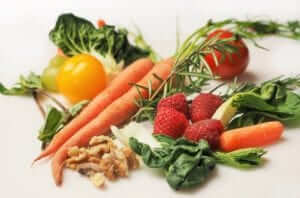
There isn’t universal agreement on how flavonoids should be divided into subcategories. However, in general, there are six main types of flavonoids that can be noted:
- Flavanols— The largest group of flavonoids particularly known for their antioxidant properties. Widely present in leaves, flowers, and fruits of various plants.
- Flavan-3-ols— Sometimes referred to as catechins, these compounds are known to be nutrient-rich. Found in all types of tea and various fruits.
- Flavones— Compounds that act as pigments in plants with flowers colored cream/white or blue. They also shield plants from UV rays and insect damage. May be particularly helpful for inflammation.
- Flavanones— An important type of flavonoids found largely in citrus fruits. They add bitterness to the fruit/rind and are known for their anti-inflammatory properties.
- Isoflavones— Also called isoflavonoids, these compounds are mostly found in soy and other legumes. They may help with hormone balance.
- Anthocyanins— The natural pigments in red, purple, and blue fruits. Mostly found in the outer cell layers and fruit skins.
Within these six groups you’ll find specific flavonoids like quercetin, apigenin, rutin, and so on. Some are worth a closer look as individual antioxidants, but for the most part, the best plan is to get as wide an array of flavonoids as possible.
Top Flavonoid Health Benefits
Antioxidant Power that Fights Free Radical Damage
It’s no surprise that one of the top properties of flavonoids is their antioxidant capacity. In fact, almost every other benefit attributed to these compounds is connected to their antioxidant status in some way.
Nearly every type of flavonoid has the capacity to act as an antioxidant, although research has shown that flavones and catechins may be the two most powerful groups. This is especially true when it comes to protecting your body from free radicals.
As you may know, free radicals are highly reactive molecules. They can damage beneficial molecules and cells within your body, causing something known as oxidative stress, which contributes to inflammation and disease.
Flavonoids are able to help prevent this by neutralizing free radicals before they cause damage. As antioxidants, they also help to regulate cellular activity and protect cellular function, which is a huge contributor to your overall health and vitality.
Combats Chronic Inflammation & Pain

By decreasing oxidative stress and neutralizing free radicals, flavonoids are able to combat inflammation at the cellular level. This is particularly true of the chronic type of inflammation that is linked to many age-related diseases.
Research has also shown that there are flavonoid health benefits for other types of inflammation.
For example, quercetin (a specific flavonoid compound) has shown potential for easing both acute inflammation and the kind of inflammation that shows up in diseases like rheumatoid arthritis and asthma. Other flavonoids have demonstrated similar properties.
This powerful anti-inflammatory effect may translate to an ability to help manage chronic pain.
As a case in point: Several studies have shown that flavonoids can reduce cellular response to pain. This means lower overall pain levels and gives flavonoids a lot of therapeutic potential for colitis, osteoarthritis, neuropathy, Parkinson’s disease, cancer pain, and similar chronic pain issues.
Good for Blood Pressure & Heart Health
If you want to protect your heart, eat more plants. All the evidence points in favor of consuming various plant compounds to support heart health, and flavonoids are at the top of the list.
The antioxidant and anti-inflammatory effects of flavonoids are very good for your heart. Recent research is making more and more of a connection between inflammation and heart disease. Inflammation may even one day be considered as much of a risk factor as high blood pressure or cholesterol, so it’s key to reduce it as much as possible.
And speaking of high blood pressure, consuming more flavonoids may be an excellent way to get closer to healthy blood pressure levels.
Studies have documented an ability to lower high blood pressure in at least five of the main subgroups (flavanols, flavones, flavanones, flavan-3-ols, and anthocyanins). More human studies are still needed, but the results so far are promising.
There’s also some evidence of the overall flavonoid health benefits for your heart: A 2015 review found that a higher flavonoid intake was associated with a lower risk of having a cardiovascular event.
May Help Protect You from Diabetes

Type 2 diabetes is on the rise in many countries. This disease is characterized by increased blood sugar levels and/or insulin resistance. If left unchecked, it can lead to major damage, including blindness, kidney failure, or a stroke.
Once again, eating more plant foods that are full of active compounds is proving to be key in the fight against diabetes. This, combined with other lifestyle changes like exercise and avoiding processed foods, can drastically cut your risk of developing this disease.
Research on flavonoids and diabetes is still ongoing, but studies so far indicate an association between a higher consumption of flavonoids and a lower risk of diabetes.
Other lab and animal research has shown definite anti-diabetic effects of flavonoids, although they are not yet confirmed in humans. This includes aiding blood sugar regulation, improving insulin signaling and secretion, and regulating carbohydrate digestion.
Anticancer Activity
One of the most significant flavonoid health benefits is the potential ability to help fight cancer.
Numerous studies have documented the anticancer effects of flavonoids, although there isn’t conclusive evidence on whether they can fight cancer in the human body yet.
Nevertheless, various flavonoids have shown an ability to stop cancer cells from multiplying and hinder tumor invasion. They also combat free radicals that can damage DNA and induce apoptosis, which is the destruction of cells that have suffered irreversible DNA damage.
This indicates that flavonoids may be particularly helpful for preventing cancer.
In fact, one large review from 2019 found an association between a higher flavonoid intake and a reduced risk of cancers like gastric, breast, prostate, and colorectal.
Keep in mind that specific flavonoids have action against different types of cancer. (For example, flavanols have specifically shown activity against prostate and breast cancer cells.) To get the most protection, you’ll want to consume a good variety of flavonoids.
Anti-Allergy Properties

A specific flavonoid known as quercetin has shown health benefits for fighting seasonal allergies.
The development of allergies still remains a mystery to scientists and researchers. An allergic reaction is essentially an overreaction of your immune system to a harmless substance, but why certain people develop an allergy and others don’t is unknown.
Something much less mysterious is the fact that allergies can be extremely annoying and sometimes life-threatening. If you deal with the sneezing, itching, watery eyes, etc., you know this for yourself.
Traditional allergy medicines often make use of anti-histamines. The purpose is to stop the release of chemicals known as histamines that are responsible for the main symptoms of an allergic reaction.
This all circles back to flavonoids because quercetin is a compound that has demonstrated a natural anti-histamine effect. It has been shown in studies to inhibit the release of histamines and decrease inflammatory symptoms. Other preliminary research even shows that it may be able to suppress anaphylactic reactions to peanuts.
It’s possible that other flavonoids may have similar anti-allergy benefits, but they aren’t yet documented.
Antiviral Action
Yet another reason to consume more flavonoids is their antiviral activity. They have proven antiviral (and antibacterial) effects, stopping the replication of viruses like enterovirus, H1N1, SARS, and HIV.
Certain research studies note that flavonoids can fight viruses at different stages of infection. This means they may help to prevent certain viral infections and slow or stop their growth once they are already present in the body. They also have potential against both DNA and RNA viruses.
Some specific flavonoids that have demonstrated antiviral activity include quercetin, apigenin, baicalein, kaempferol, rutin, and epigallocatechin gallate (EGCG).
Protective of Brain Function

Antioxidants in general are critical for keeping your brain healthy and sharp as you age. And research indicates that flavonoids specifically are a key group of antioxidant compounds that contribute to and protect brain function.
Studies (which are still in the early phases) so far show that flavonoids can suppress neuroinflammation (inflammation in the brain) and protect neurons against injury from toxins. They also have “the potential to promote memory, learning, and cognitive function.”
Other research indicates that flavonoids help to protect your brain from aging and disease. They may even reduce the risk of developing Alzheimer’s or dementia, which is of huge importance.
Again, the best way to get the maximum flavonoid health benefits for your brain is to consume a wide range of plant foods. However, some specific flavonoids of note for brain health include quercetin, rutin, EGCG, and cocoa flavanols (best consumed in raw cacao powder).
Anti-Aging Boost for Your Skin
Any time you are feeding your body powerful antioxidant compounds, you are also “feeding” your skin. Antioxidants combat free radical damage to your skin as well as to the rest of your body. This is very important because free radicals and oxidative stress are major accelerators of the aging process in your skin.
Many antioxidants also help to protect your skin from UV damage that can cause premature wrinkles, age spots, uneven skin tone, etc. Flavonoids fall into this category and have shown photoprotective properties in studies.
The bottom line is that filling up on antioxidant-rich foods, particularly those with flavonoids, will help to keep your skin looking younger and healthier for longer.
(For cocoa lovers, the flavanols in cacao powder have specifically shown an ability to protect against UV damage and improve skin texture.)
Best Flavonoid Food Sources
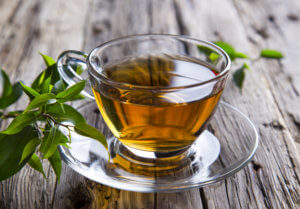
Now that you know the main flavonoid health benefits, how do you get these valuable compounds in your diet?
If you eat a variety of fruits, vegetables, and herbs, you’ll automatically get a variety of flavonoids. However, there are a few sources that are truly outstanding and worth mentioning specifically:
- Berries— Rich in numerous flavonoids, particularly flavanols and anthocyanins.
- Raw Cacao— High in flavanols that boost brain, heart, and skin health.
- Tea— Packed full of flavan-3-ols (catechins) and flavanols. Green tea/matcha are the most powerful.
- Red Cabbage— Great source of anthocyanins as well as the flavanol quercetin.
- Citrus Fruits— The best source of flavanones. Utilize the peel for the most flavonoid content.
- Onions— High in quercetin and other flavanols.
- Kale— Another great source of flavanols (and a nutrient powerhouse).
- Parsley (fresh)— The most flavanol-dense food of them all. Other great flavonoid herbs include oregano, thyme, and mint.
- Non-GMO Soy— Minimally processed, non-GMO soy is a good source of isoflavones.
- Celery— High in flavones (and a great amount of fiber).
As always, consume organic produce whenever possible to avoid toxic chemical residue. Most of these foods are best eaten raw to preserve their flavonoid content.
Boost Your Flavonoid Intake with Cacao Bliss
Raw cacao powder is one of the best sources of the group of flavonoids known as flavanols. With that in mind…
If you want to boost your flavonoid intake in a delicious way, look into the Cacao Bliss superfood blend from Earth Echo.
The main ingredient in Cacao Bliss is, of course, flavonoid-packed cocoa powder. This specific type of cocoa powder contains over 300 powerful plant compounds in total that all have health-boosting potential. Add to this other antioxidant stars like turmeric and cinnamon, and you have one powerful cacao elixir.
Learn more about the guilt-free Cacao Bliss blend here, and be sure to add lots of flavonoid sources to your diet (if you don’t consume them already)!
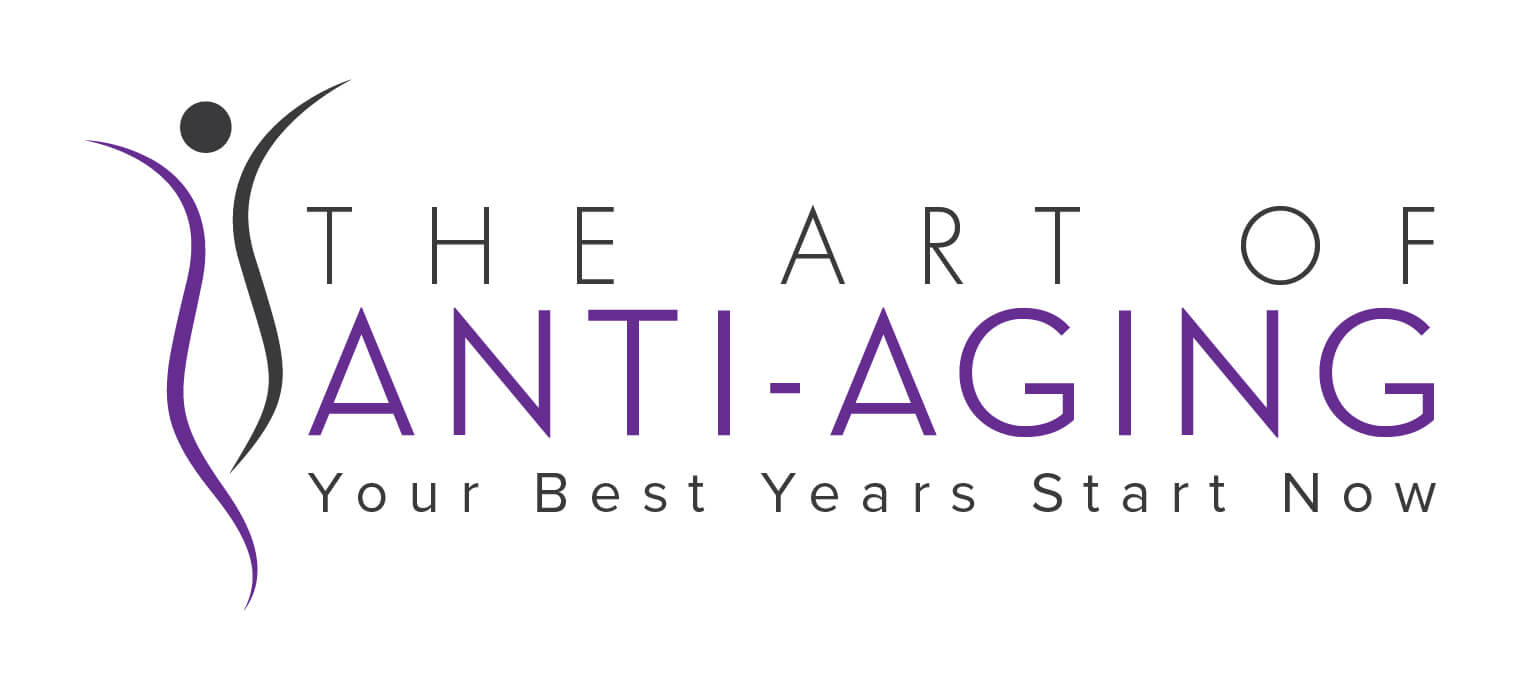

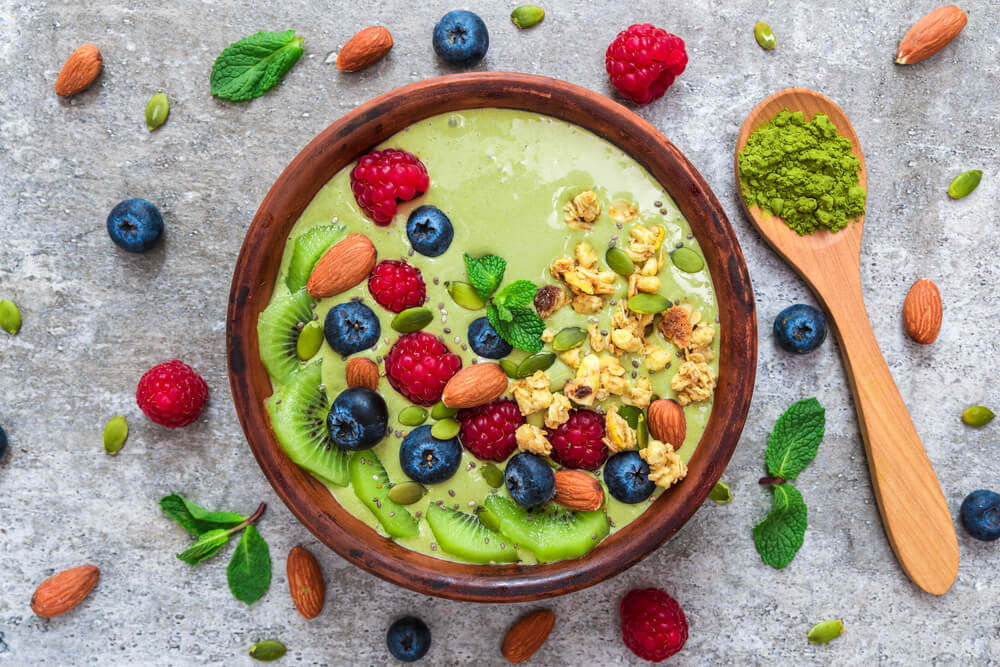
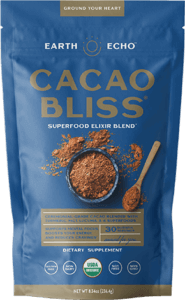
Very useful information about the types of flavonoids and their specific benefits. Thank you.
i am allways looking for good information
Great information! I have a better understanding now especially about quercetin.
I agree. I’d also been wanting to know more about flavonoids, especially quercetin.
Excellent article, as always. Thanks, Brian🌿
This is so timely; I just started looking closely at flavonoids because of resistance to my cancer medication and the importance of isoflavones to help remove this resistance. Thanks for the education! Appreciate it!
Thanks for all the important information you supply.
Great article. Many years ago, I started taking bioflavonoids. Quite by accident, I discovered it benefited my varicose veins that happened in my last pregnancy. I have no pain and the appearance of the veins have lessened. I also have eaten mainly a plant based diet for many years.
It is good to know the plant sources of these flavonols etc thankyou.
What would be the best foods containing flavonoids for antiviral properties?
It’s awesome how what protects the plant protects us too. Great post.
The breakdown of each group in detail was insightful. Thank you.
A very informative article. Thank you
Thank you so much for great info. I am always looking forward to share with my wellness community!
Thank you for providing a link to research citing the info as well as “distilling it.” It’s helpful knowing what foods specifically provide which flavonoids. But in what amounts to benefit from them?
I have another question. What if 1 has dietary restrictions/sensitivities to certain flavonoids, how does one substitute them to gain their benefits?
Very informative. Thank you.